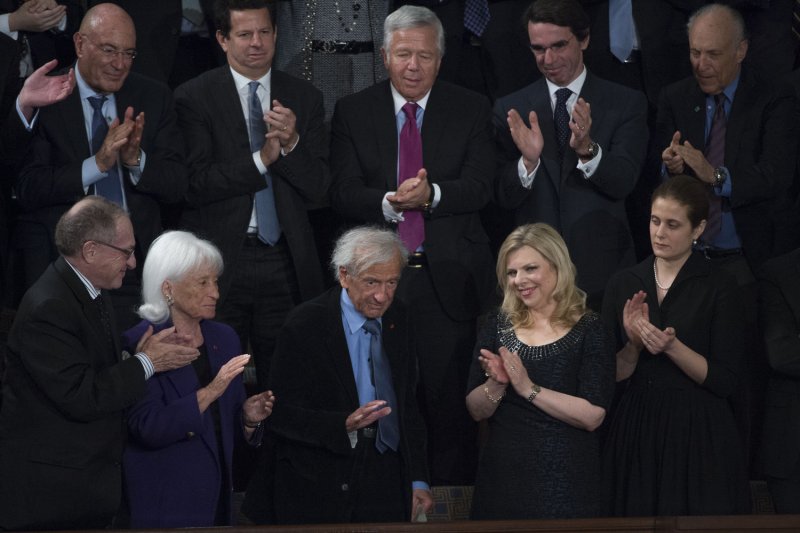BUCHAREST, Romania, May 10 (UPI) -- The Romanian government approved legislation Tuesday to speed up the processing of restitution claims for property lost by Holocaust survivors in the country, most of whom are in their 80s and 90s.
The legislation, considered another step in Romania acknowledging its role in the the death of hundreds of thousands of Romanian Jews during its alliance with Germany during World War 2, the Jerusalem Post reported.















